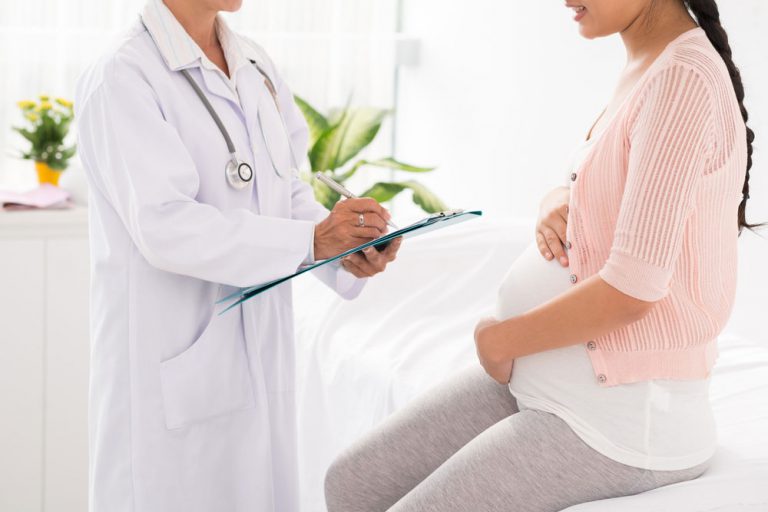Shedding Lights on Common Misconceptions About Fertility in Midlife and Menopause
Most women are under the perception that menopause is the end of their fertility. They think that they cannot possibly conceive without a period. Well, all these two statements are true. However, the misconception lies in the term “menopause”. Menopause is not when your period stops completely. The duration of menopause starts when you start getting irregular menstrual cycles. It usually starts in mid-forties in most women.
The North American Menopause Society (NAMS) defines menopause as a duration of time when a woman ultimately goes through 12 months of no menstruation. The overall transition of menopause can take a longer duration. Initiation of menopause does not mean that you have lost fertility. The phase of perimenopause can last if six or more years in some women. The beginning is considered when the menstrual cycle begins to change and the woman experiences symptoms of menopause.
So, all this time you still have the chances of getting pregnant as your fertility remains. You still have a fair chance to conceive until you have reached the end of menopause.
Fertility During Perimenopause
As a matter of fact, perimenopause is comparatively a lesser fertile period for a woman. During this time a woman might find it difficult to get pregnant naturally. Out of almost 2 million eggs that she is blessed with, only around 100 eggs are left during this time. The quality of eggs also declines with this number. The uterine also changes as the women advance her age. This reduces her fertility and ability to conceive naturally.
Well, the good news is that even if you have missed a few of your menstruations, you still have chances of getting pregnant. Even if you can see visible menopausal symptoms in you, your fertility period does not end. Interestingly, you are still not entirely protected from an unplanned pregnancy, even when you are experiencing symptoms of menopause in you. There are greater chances for you to utilize this period to conceive with appropriate fertility procedures. You can still utilize the hope remaining in you to get pregnant till the time you have your last menstruation.
A woman experiences major complications during her perimenopause. This is the time when she faces challenges in her reproductive life. There could be a variety of complications. Women considering pregnancy during this time needs to be educated and well informed about the fact that her fertility requires support during this time. Her pre-existing medical conditions can cause pregnancy complications. She requires continuous monitoring and medical care during this time of her fertility treatment.
Apart from the complications related to pregnancy, women during perimenopause also are threatened by the risk of miscarriage. The pregnancy might not be healthy during the later period of her life. This is when she requires utmost medical care to grow her fertility for a successful pregnancy and child delivery.
Over and again we have emphasized the fact that pregnancy is very much possible for a woman until her menopause is confirmed. Despite the reduction of her fertility, she can conceive till the time she ultimately reaches the end of her menopause. Unless the level of her follicle-stimulating hormone reaches its maximum, she still has a chance to become pregnant and deliver a child.
As a matter of fact, till the time a woman experiences her last menstrual month, she is required to use condoms, diaphragms, and spermicide, as well as intrauterine devices (IUD), if having an active sex life. Women at this stage of life need to be careful about their health and not get addicted to smoking or drinking. This will keep her away from hypertension, high blood pressure, and diabetes. She needs to take proper medical treatment in case she is experiencing irregular cycle, premenstrual symptoms, are hot flashes.
We have handled several successful cases where women have conceived during the phase of menopause. The menopausal transition period can also be your good time to become a mother if you are properly taking care of yourself and are under proper medical guidance.
Fertility and Menopause
It is nothing new to see women making headlines for having babies in their late 50s. Of course, it is possible to get pregnant during your menopause. However, it requires a great deal of medical attention by fertility experts, who regulate the hormonal changes of your body. In-Vitro-Fertilization has a lot of hope for every woman desiring to be a mother during her menopause.
All you need to do is to consult a fertility expert during this time. If truth be told, this is a very important phase of your life when you are left with less good quality eggs. You must utilize these eggs effectively to conceive. It requires an effective medical guidance during this time to effectively utilize the remaining eggs in you.
